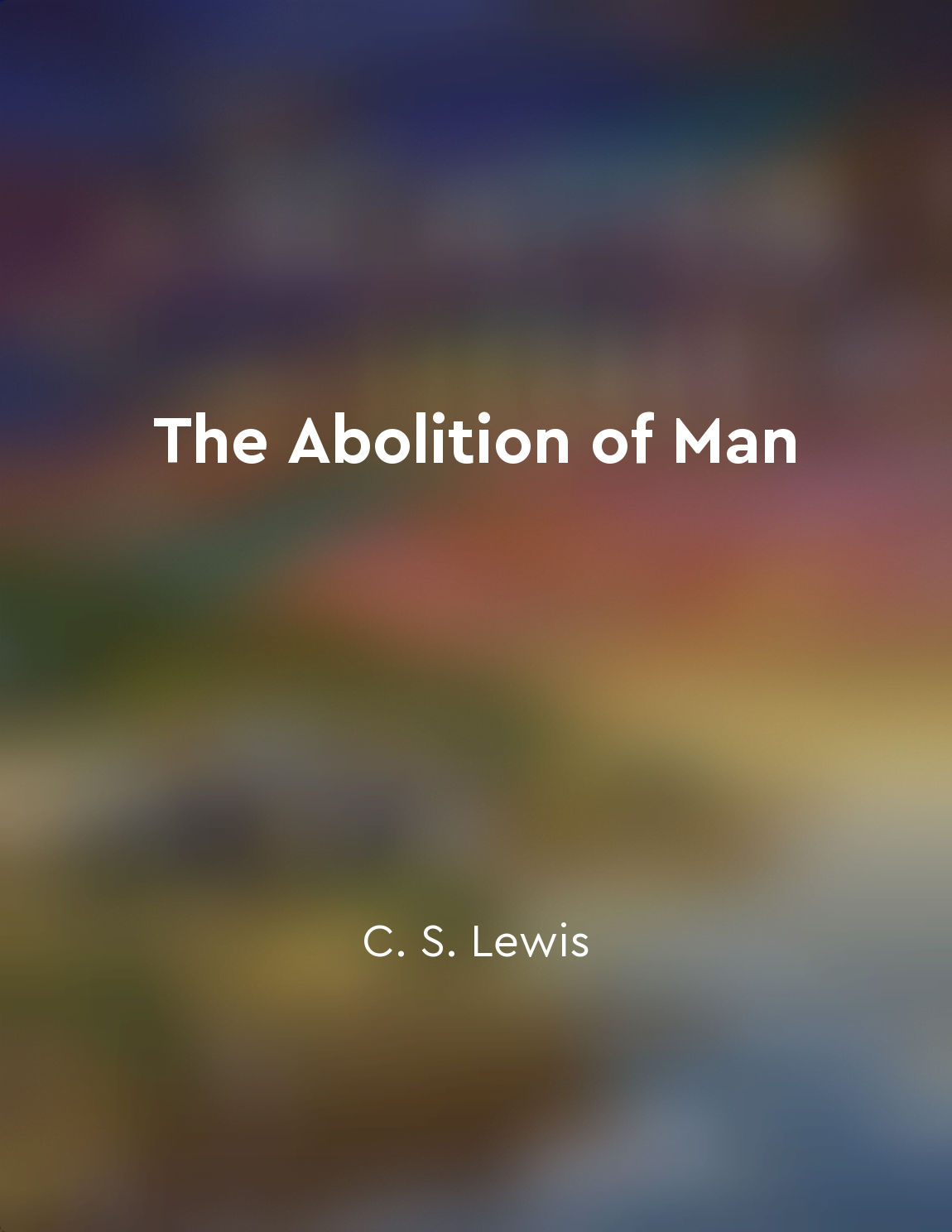The moral law is based on reason and applies to all rational beings from "summary" of Groundwork for the Metaphysics of Morals by Immanuel Kant
The moral law, according to Kant, is not something that is imposed from the outside, but rather something that is based on reason and applies universally to all rational beings. This means that moral principles are not arbitrary rules created by individuals or societies, but rather objective truths that can be discovered through rational reflection. Kant argues that rational beings have the capacity to think for themselves and to recognize the moral law through their own powers of reason. This means that moral principles are not contingent on our individual desires or preferences, but rather are based on the fundamental nature of rationality itself. Furthermore, Kant believes that moral laws must be universal in order to be truly moral. This is because moral principles are not based on particular circumstances or subjective feelings, but rather on objective truths that apply to all rational beings. In other words, moral laws must be applicable to everyone, regardless of their personal beliefs or desires. Kant also emphasizes the importance of treating individuals as ends in themselves, rather than as means to an end. This means that we should always respect the dignity and autonomy of others, and never treat them as mere objects or tools to be used for our own purposes.- Kant's view of the moral law is based on reason and applies universally to all rational beings. By recognizing the objective nature of moral principles and treating individuals with respect and dignity, we can uphold the fundamental principles of morality and live in a way that is consistent with our own rational nature.
Similar Posts

The call to uphold objective truth and values in all aspects of life
In a world where subjectivism and relativism reign supreme, there exists a pressing need for individuals to recognize and champ...
Finding peace through the Quran
The Quran is a source of comfort and solace for those who seek peace in their lives. It provides guidance and wisdom that can h...
Evolutionary mechanisms are consistent with divine providence
The concept that evolutionary mechanisms are consistent with divine providence is a complex and nuanced idea that challenges tr...
Inductive reasoning is key
Inductive reasoning plays a crucial role in our understanding of the world. It is through inductive reasoning that we are able ...

The concept of "good" and "evil" is fluid and subject to interpretation
In the realm of morality, one must navigate through a landscape that is ever-changing and open to individual interpretation. Wh...

Studying the Torah is a lifelong pursuit
The Torah is a vast and intricate text, filled with layers of meaning and wisdom waiting to be uncovered. It is a book that has...

Society benefits from a diversity of perspectives and ideas
In the grand tapestry of human society, there exists a multitude of perspectives and ideas that weave together to form the comp...
Causation cannot be proven through reason alone
The concept of causation, which has long been a subject of philosophical debate, is central to our understanding of the world a...

Equality is a fundamental moral principle
Equality, in the realm of moral principles, holds a significant place. It is a concept that resonates deeply within the human c...

Anchoringand-adjustment heuristic impacts estimations
Anchoring-and-adjustment heuristic is a cognitive bias that affects our estimations by relying heavily on an initial piece of i...

